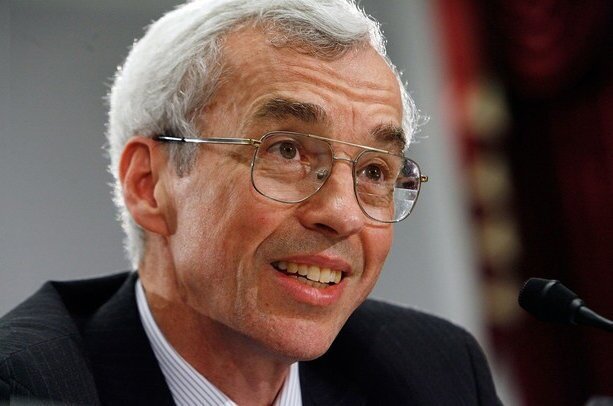
First round of indirect talks between Iran and the US on Iran's nuclear program ended in Muscat on Saturday.
To shed more light on the issue and the road ahead we reached out to Professor Paul Pillar former CIA intelligence analyst.
Here is the full text of the interview:
The Iran-US talks ended in Oman in a constructive and good atmosphere. What is your assessment?
It is at least a positive start. But there still is a very difficult road ahead in the face of what are obvious differences in the positions of the two countries that need to be bridged.
Iranian Foreign Minister Abbas Araghchi announced that the talks will continue next Saturday. He said: “If we can finalize the basis in the next meeting, I think we have covered a lot and we can start real talks.” What is your assessment of these words?
The Iranian posture appears to be that what has taken place so far, and what may still take place in the next round, is only talks about talks--a process of feeling out the other side to determine whether "real talks," in which the sides go beyond agenda-setting and start trading concessions, are feasible and worthwhile.
It seems that the Iranian Foreign Minister’s positive statements about the talks indicate that the framework for the talks is solely focused on the nuclear issue. What is your assessment?
Given that the Iranian preference is a narrower agenda focused on nuclear matters and the U.S. preference is a wider agenda addressing other Iranian activities, this positive Iranian statement would suggest movement toward the narrower agenda. But it is hard to believe that the Trump administration's envoy would have conceded quickly and easily regarding the agenda. Perhaps Witcoff said just enough to persuade Araghchi that the U.S. has sufficient flexibility on this topic that further talks are in order.
Araghchi announced that the US wants the talks to conclude quickly, while achieving this goal is difficult and will require the appropriate will of the parties. What is your assessment of the overall framework of the agreement? Will the agreed formula be a comprehensive agreement or may a temporary agreement be reached to reach a comprehensive agreement first?
That question will be decided in the course of negotiations, and perhaps neither side has a firmly fixed view on it. The JCPOA was preceded by a preliminary, temporary agreement and perhaps that will provide a precedent for doing something similar this time.